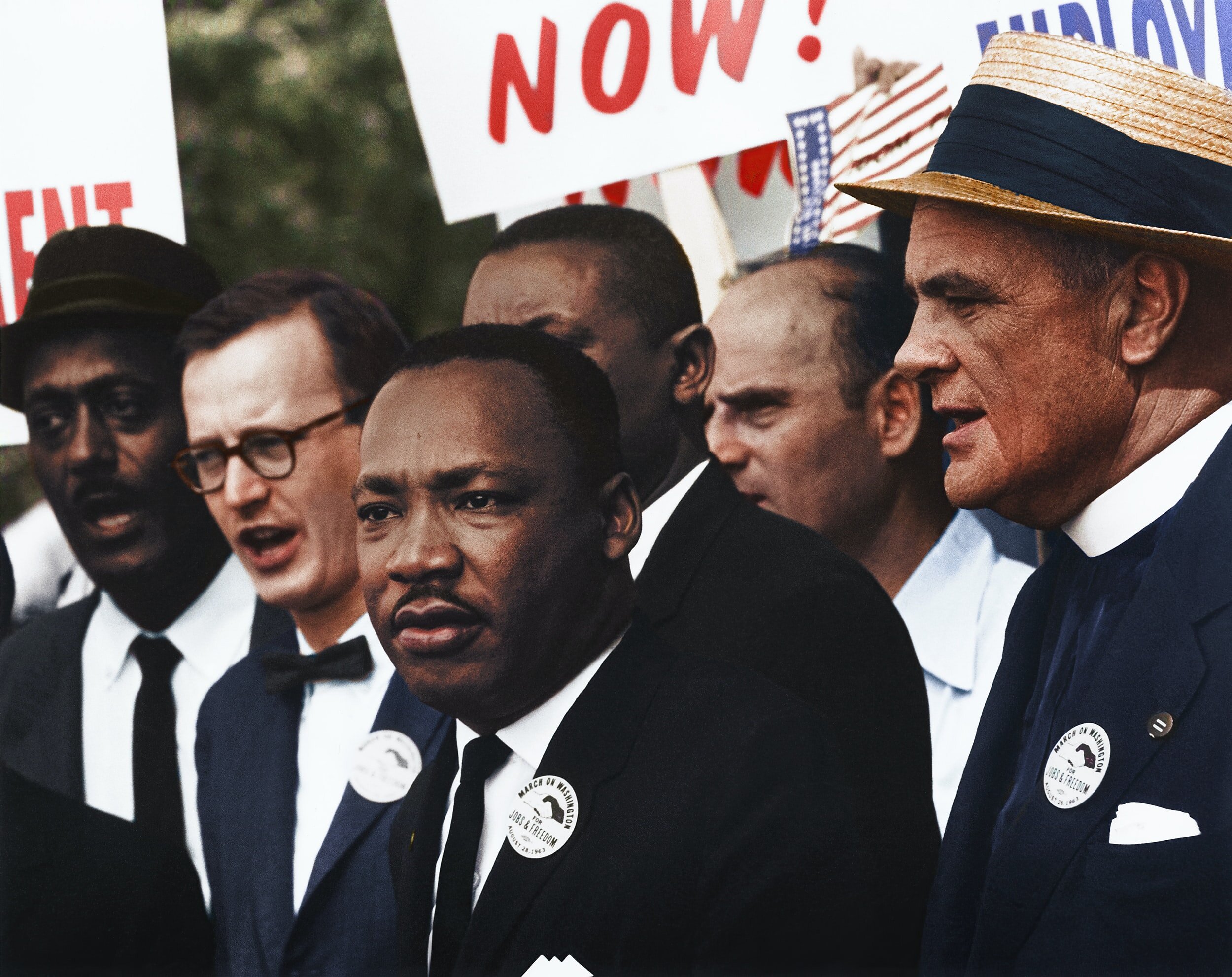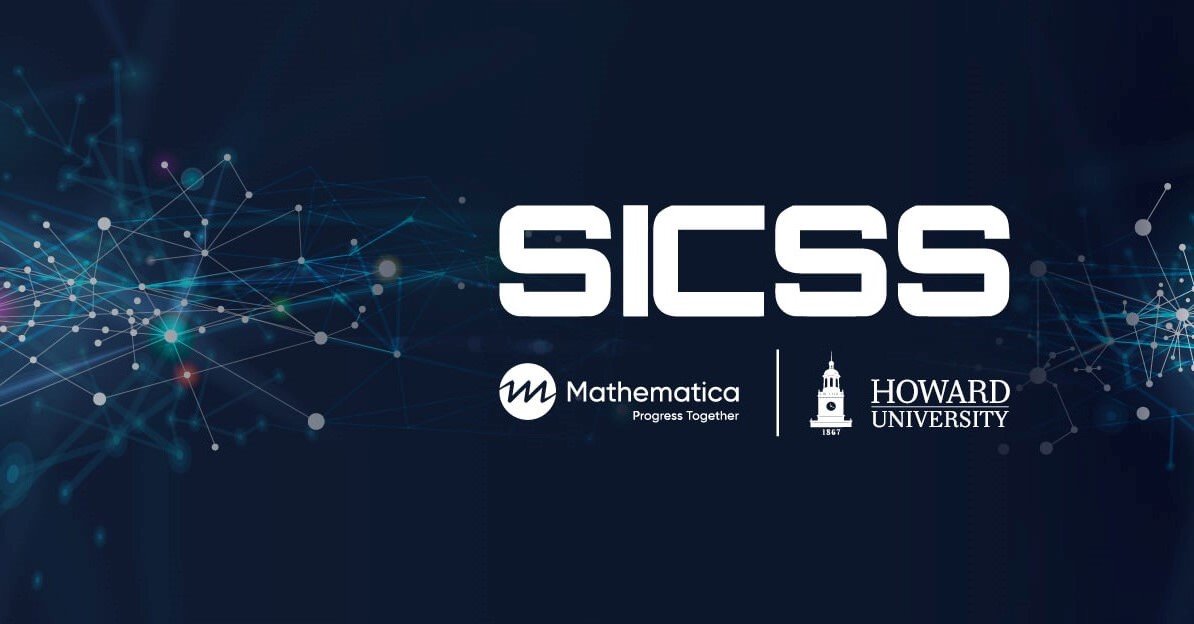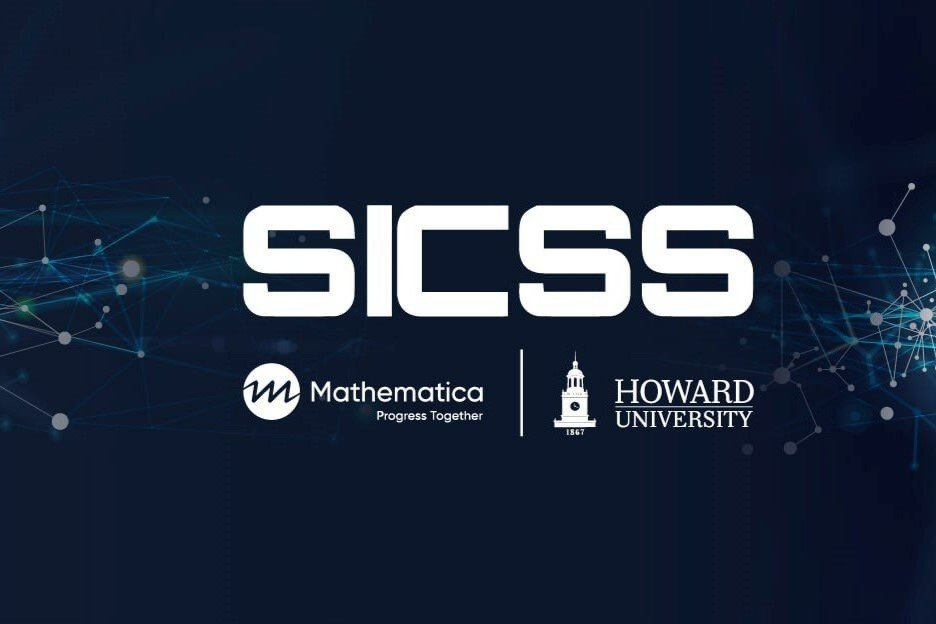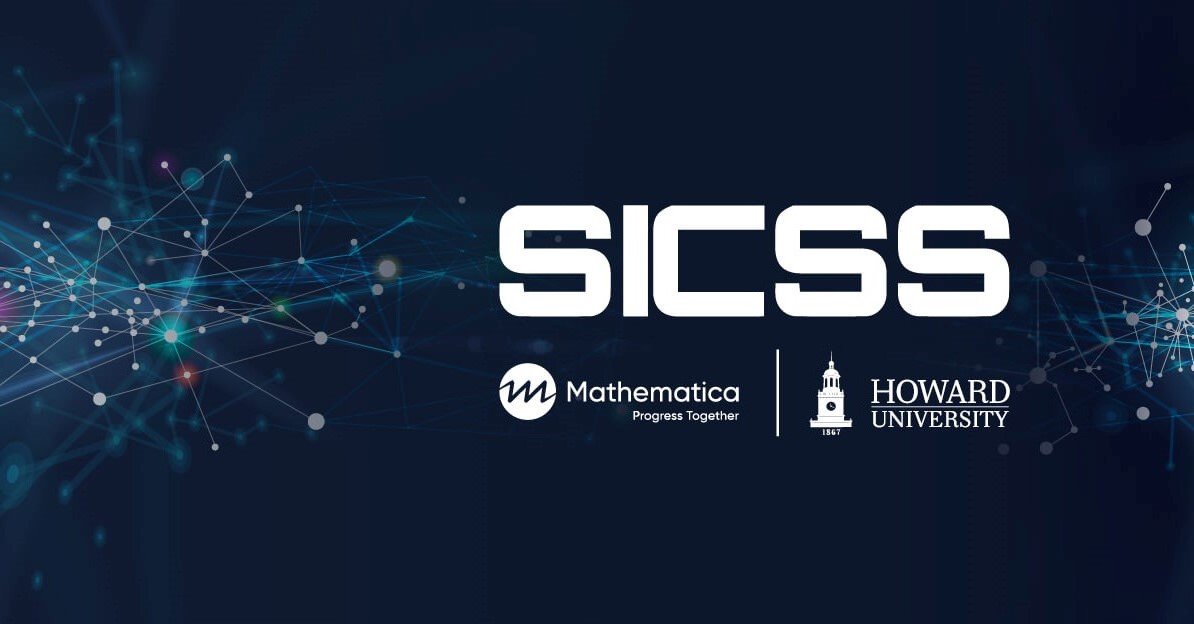DO, don't just quote, this MLK Day
by Janet Salmons, PhD, Research Community Manager for Sage Methodspace
How can we truly honor the legacy of Dr. Martin Luther King?
The United States observes the birthday of civil rights hero Martin Luther King each year. One-liners are quoted widely, and short video clips of the most famous speeches are aired. I suggest that in these dire times quotes are not enough. This year, let's commit to DO something. For some of us that might mean re-examining implicit biases, for others it might mean finding the courage to stand up to systemic racism within our own curricula, our institutions, and society at large. As a first step, let’s go beyond the soundbites and use our scholarly skills to uncover a bit more about the cultural, social, and political context of King's work. We might find new insights by reading primary source documents or listening to his speeches. Fortunately, an extensive collection of his work is available open-access from the Martin Luther King, Jr. Research & Education Institute at Stanford University.
Undoubtedly we are each inspired by favorite MLK quotations; here is mine:
“Injustice anywhere is a threat to justice everywhere. We are caught in an inescapable network of mutuality, tied in a single garment of destiny. Whatever affects one directly, affects all indirectly.” I can never be what I ought to be until you are what you ought to be, and you can never be what you ought to be until I am what I ought to be...This is the inter-related structure of reality.”
― Martin Luther King Jr.
He wrote these words in a letter from the Birmingham Jail. See the whole typewritten letter and listen to him reading it. Educators and parents can find curricular materials and lessons that invite young people to dig more deeply.
This quote reminds me about the importance of direct actions, as well as the indirect implications of our actions. As educators and research supervisors we hope to have direct impact on students, and hopefully indirect positive impact when those students take what they've learned out into the world. King admonishes us to realize that it is not enough to succeed as an individual; we need to work to enable others to succeed.
Find Resources for Your Research
Resources for researchers from the Martin Luther King, Jr. Research and Education Institute
The King Papers Project: The King Papers Project’s principal mission is to publish a definitive fourteen-volume edition of King’s most significant correspondence, sermons, speeches, published writings, and unpublished manuscripts.
The Online King Records Access (OKRA) database: OKRA provides easily searchable access to information on thousands of speeches, sermons, letters, and other historic documents by and about Martin Luther King, Jr.
Using Archival Sources in Your Research
If you are wondering how to use these original source materials in your scholarly work, you might find ideas in these Methodspace posts:
The Society of American Archivists, a professional association dedicated to the needs and interests of archives and archivists, has put together an open-access resource that can help you get started. See Using Archives A Guide to Effective Research by Laura Schmidt.
As researchers, we are accustomed to digging below the surface, looking for clues we can piece together to understand the whole story. What insights did you discover in these MLK archives and what will you do to put them into practice?


















